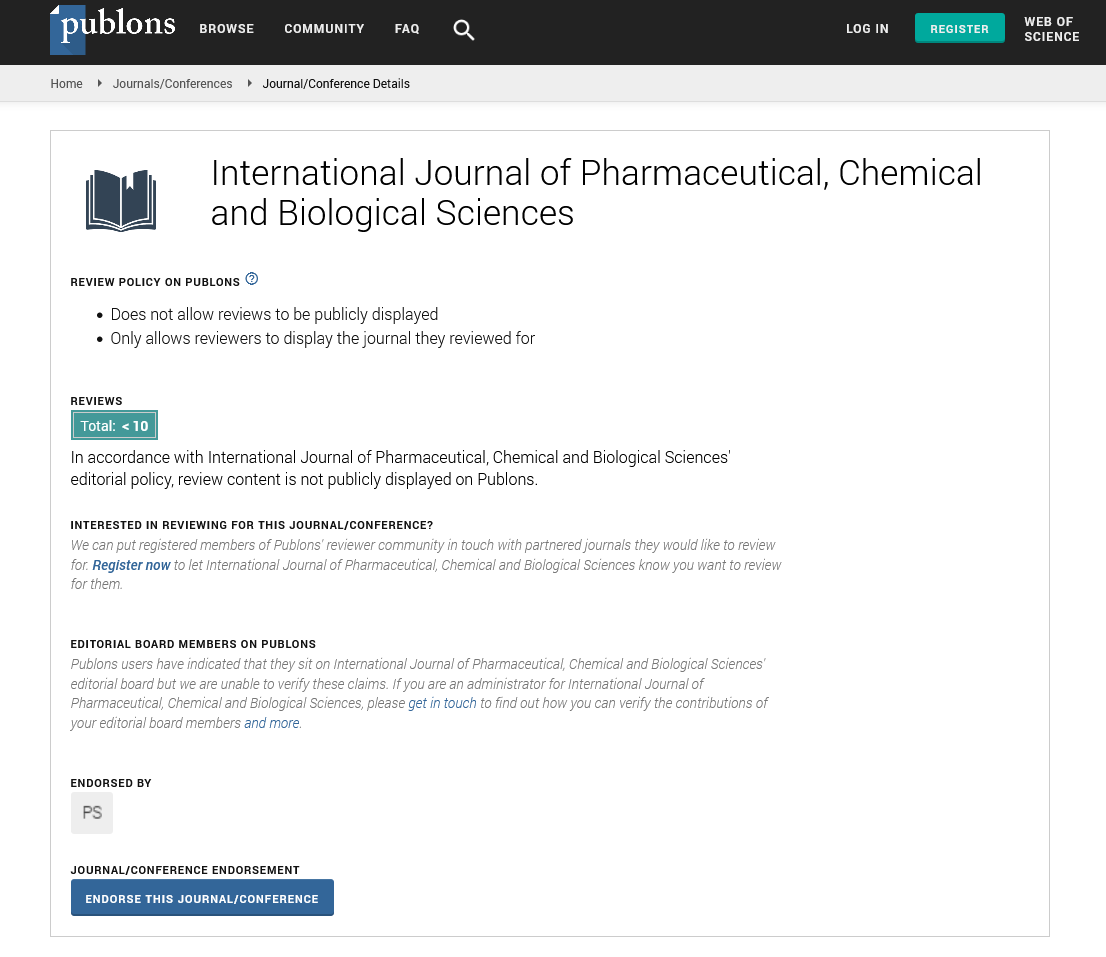Abstract
Author(s): MO. Otori1*, M. Aminu2, HM. Mukhtar3andOJ. Okojokwu2
Human Immunodeficiency Virus (HIV) is a retrovirus that primarily infects components of the human immune system such as CD4+T cells, macrophages and dendritic cells. Human immunodeficiency virus epidemic is one of the health challenges the world is facing. This cross sectional study determined the predominant blood group antigen and risk factors among HIV positive patients in Zaria, Kaduna state, Nigeria. A total of 600 participants comprising 400 patients attending the Adult Component of the HIV Clinic of Ahmadu Bello University Teaching Hospital (ABUTH) and 200 HIV negative patients (control) were enrolled in the study. Blood samples were collected from the participants and analyzed for blood group antigen using the tile method. The study and control populations had all the blood group types. In the HIV patients, blood group antigen O+predominated with a prevalence of 44.0% (176/400) while blood groups A-was the least prevalent (0.8%: 3/400). In the control population blood group O+ was also the most frequently detected (47.0%: 94/200) while blood group A-and AB-was also the least prevalent showing a bimodal distribution of 0.5% (1/200) for each.In this study, there was no association between blood group antigens and HIV infection. Infection with HIV was highest in age group 26-40 years; the association was statistically significant (P = 0.008). The infection was highest among female than male; the association was statistically significant (p< 0.001). The risk factors associated with HIV infection were STI, blood transfusion among others. In conclusion, blood group antigens were not associated with HIV infection.

